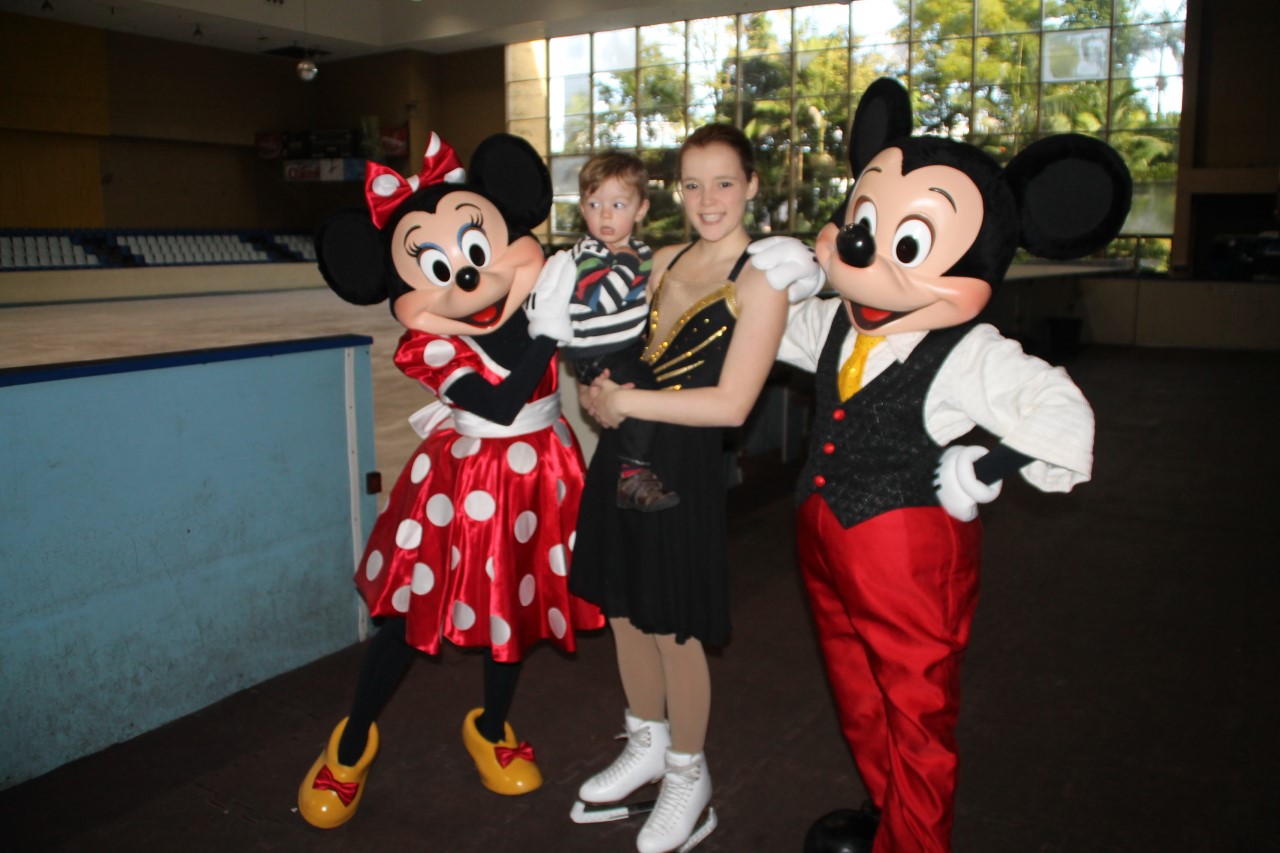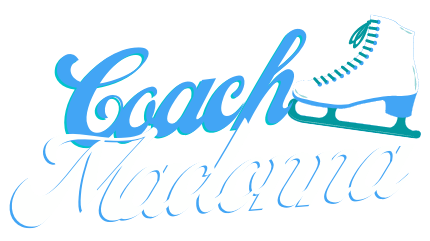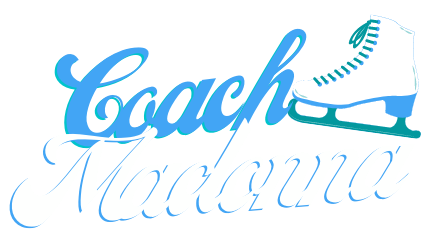ice skating
Meet Madonna Randall
Meet Madonna
Madonna meets All Requirements to Coach at the highest level
The sport of figure skating has been my life since I was a child. My passion for the sport is an enduring one, and I have the opportunity to make my living by sharing that passion with others.
While my primary focus has always been competitive skating, I enjoy teaching both the young, ambitious child and the careful, yet determined adult. Not everyone aspires to Olympics greatness, but I take pleasure in the progress and enjoyment of all my skaters. I coach with passion and enthusiasm; it has always been my nature to bring a high level of energy to the ice.
I provide instruction and discipline in a constructive manner that ensures an enjoyable skating experience for my skaters. My belief is that the drive to skate is either born within certain individuals or develops as a result of an overriding passion for the sport. The most successful skaters are those who enjoy the sport most, not those who are pushed excessively.
Discipline has its place, and certainly I know when to push a skater to help them past an apparent physical or emotional barrier. Still, even when I’m “tough,” it’s always constructive. I show respect for my skaters, and never insult, degrade, or publicly humiliate a skater.
The reality is that few skaters will achieve Olympic greatness. I’m proud to have had skaters of mine compete at World Championships, International Championships and competitions, travel the world with a variety of ice shows and embark on successful coaching careers. I’m also proud of the many skaters that have started out slowly who now have skating as a friend for the rest of their lives.
The sport of figure skating is ever-changing. For this reason, I believe that I must be constantly learning more, not only about figure skating, but about all the surrounding disciplines. I attend championships, conferences, seminars and webinars around the world to keep apprised of the latest trends and techniques.
Skating is competitive. I’ve found greater peace and success by focusing on doing the right thing for my skaters, and putting pride and politics aside.
My success is measured by the success of my skaters as they progress through the sport, and more importantly, by the joy and satisfaction they discover through all figure skating disciplines….
Madonna
Coach

Achievements
- 18 Australian Champions
- 33 NSW Champions
- Coach of singles NSW Junior Champion and Junior Bronze Medalist at Australian Championships and international representative
- Coach of numerous Australian singles international representatives
- Australian Team Coach at 14 World Championships
- Australian Team Coach at 20 International Championships
- International Skating Union Technical Specialist at 5 World Championships
- International Skating Union Technical Specialist at 11 International Championships
- Ice Skating Australia Coaching Representative at seminars in Germany, Switzerland, South Africa, France, USA, Hungry, Italy, UK
- 2008 Winner of NSW Ministerial Award for Outstanding Contribution to Women in Sport
- Australian Professional Skaters Association Complaints Officer
- Australian Professional Skaters Association Coach Mentor
- Australian Professional Skaters Association Course Presenter
- Australian Professional Skaters Association Level 3 coach in Singles and Synchronized Skating (Master Coach)
- Ice Skating Australia Coaches Commission
- Seminar Presenter in Australia, New Zealand, USA and France
Additional Information:
My everyday life:
- Coach beginners through to international and World Championship level
- Coach at Aussie Skate level, club, state, national and international Competitions and World Championships
- Assist with Ice Shows and Galas
- Travel to Competitions locally and internationally
- Attend test sessions
- Coach Learn to Skate – Aussie Skate group lessons and Coffee Club
- Head Coach of Team Unity
- Head Coach of Majestic Ice Australia
- Train skaters in On and Off-Ice Performance Training, Strength & Conditioning, and Nutrition.
FAQ
questions and answers
This varies depending on the goal of the skater.
If you're looking to be able to skate on your own recreationally, it can take 4-8 group lessons to learn the very basic skills alternatively 3-4 private lessons.
There isn't an "ideal age" to learn ice skating.
I teach children as young as age 3 and adults into their 70's!
As long as your child can walk well and is toilet trained, they can begin private lessons.
Children develop at different rates so what will work for one beginner, may not work for another. If your child has a lot of difficulty, you can always try again in a few weeks, or months.
The ability to ice skate can add to a child's overall development of motor skills.
Many skaters start in group lessons as they are great introduction to skating.
There is no right or wrong way to begin skating. What is most important is that the choice you make fits your budget and schedule.
If a skater begins to struggle with a particular element in group lessons, or by the time they reach Aussie Skate 3 or 4, private lessons are suggested as a supplement as the skills become more challenging at these levels.
Skaters that are interested in doing competitions should have a private lesson coach to properly prepare.
I teach both group and private lessons. However, if you sign-up for group lessons your coach will be assigned by the rink.
A good general rule is to practice outside of lessons, as often as you take lessons.
If you have one half-hour lesson each week, you'll want to practice for another half-hour outside of the lesson.
If you take two half-hour lessons each week, you'll want to make sure that you practice for at least two half-hour sessions.
You can do more of course but this is ideal for young skaters who are just starting out, If you have the dedication, budget, and time to spend hours on the ice every week with multiple lessons, you will progress faster and have more proficiency.
To make the most of your time on the ice, off-ice warm-ups and cooldowns are recommended before each skating session or lesson.
Ice Skating Australia is our National Figure Skating Association it’s a non-profit organization and the national governing body for the sport of figure skating in Australia. It is a recognized member of the International Skating Union (ISU).
Ice Skating Australia regulates and governs the sport and defines and maintains the standard of skating proficiency. It specifies the rules for testing, competitions, and all other figure skating-related activities. Ice Skating Australia promotes interest and participation in the sport by assisting member clubs, skaters, and athletes, appointing officials, organizing competitions and other figure skating pursuits and offering a variety of programs. Athletes and officials who represent Australia at international figure skating competitions are selected by Ice Skating Australia.
Aussie Skate offers programs for skaters of all ages and abilities through local rinks.
Acquiring good, fundamental, efficient skills with proper technique is necessary.
You need the basics in place first to achieve more complex elements such as jumps and spins.
Madonna uses skill progression to achieve long-term development and the future success of the skater.
Every skill builds on another, and higher-level elements are comprised of the building blocks of lower levels. If there is a break in the chain of skill development, a skater's progress can suffer.
Introducing an element to a skater before they have the necessary skills in place can lead to frustration, injury, and lack of success, often resulting in the skater leaving the sport.
A skater struggling with an element such as forward crossovers, for example, may not be able to hold proper forward edges securely or may not have a steady one-foot glide. These skills are necessary to execute forward crossovers correctly, so improving the earliest skills as a component to the desired skill works to ensure success.
Gaps in skills will become more apparent when trying to properly execute more complicated elements. Improper technique, from basic skills that have been rushed, are often very difficult to change.
So, Madonna will introduce the appropriate skills when you have mastered the fundamental skills that are required to properly execute that particular element.

